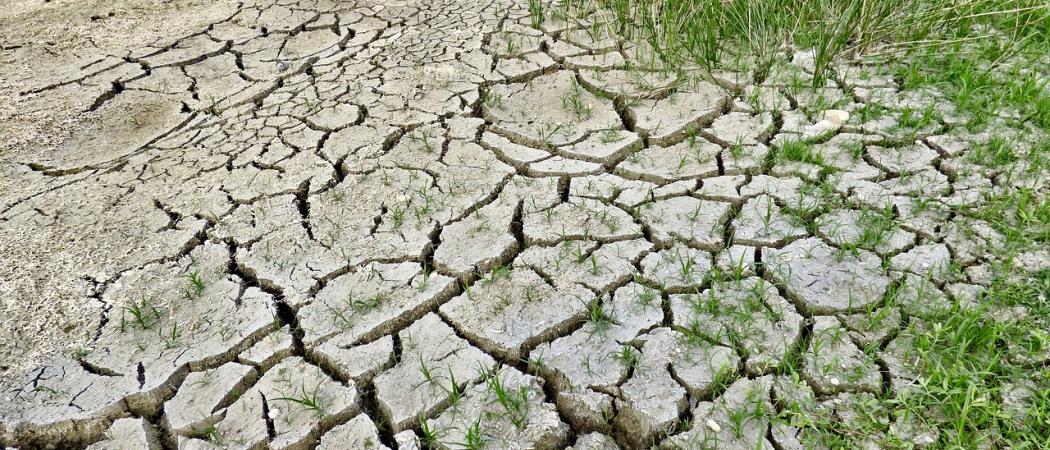The OPERANDUM project at the University of Bologna Mater aims to bring Europe at a forefront of environmental risks mitigation with the help of Horizon 2020

OPERANDUM (OPEn-air laboRAtories for Nature baseD solUtions to Manage environmental risks) will officially become a reality on 3 July. The project is funded by the European Commission within the Innovation Actions programs and is led by the University of Bologna, focusing on environmental risks caused by meteorological extreme events. Within OPERANDUM, nature-based solutions (NBS) will be tested as mitigating factors to flooding, landslides, coastal erosion, droughts and salt intrusion on extra-urban territories. Nature-based solutions will include the use of vegetation to re-enforce river banks, basins and the co-design, co-development and realization of vegetated sand dunes to reduce the coastal erosion.
OPERANDUM involves 26 international partners for 4 years, with a European granting of 12.2 million Euros plus an additional contribution of 2 million Euros from China and Australia. The innovative approach requires the development of 10 open air laboratories (Open-Air-Lab) located in Austria, Finland, Germany, Greece, Ireland, Italy, Great Britain and Australia, China and Hong Kong in natural and rural areas more and more subjected to hydro-meteorological risks due to climate changes. New solutions will be tested with different scientific and technological approaches, including laboratory analysis, numerical simulations and field experiments. Moreover, the Open-Air-Lab behaves as a Living Lab allowing the co-operation and co-design acting as a natural link between the scientific and social communities to achieve ready-to-use solutions to be implemented on world territories.
In addition to the Alma Mater, the Italian partners include ARPAE, RINA Consulting, Centro Italiano Ricerche Aerospaziali (CIRA) and Centro Euro-Mediterraneo sui Cambiamenti Climatici (CMCC). Within OPERANDUM, Alma Mater, ARPAE and RINA will build a sand dune to mitigate the coastal erosion at the Po delta. Alma Mater together with RINA-C and CMCC will contribute to the development of a numerical model to validate the use of NBS in climate change future scenarios.
“OPERANDUM will create a connection between different scientific and technological expertise and the society to ensure the development of the best workable solutions to enhance our territories resilience to climate changes. We will involve the best young researchers and talents from our and foreign countries working together to succeed in these challenges. Nature-based solutions have to be scientifically validated before their implementationt. Both societies and policy makers are considering these solutions, but cost and benefits remain to be fully assessed. It is the ambition of OPERANDUM to achieve this goal. I am honored to lead an amazing team of brilliant international experts all excellent in a wide range of disciplines. In OPERANDUM, physicists of the Earth system from the Department of Physics and Astronomy (DIFA), engineers from DICAM and DIN departments, computer scientists from DISI and sociologists from SDE will co-operate with the national and international colleagues to succeed in finding the best and most efficient solutions.” explains Prof. Silvana Di Sabatino, Associated Professor of Atmospheric Physics and Meteorology from DIFA and Coordinator of OPERANDUM.
OPERANDUM will go beyond research and modelling approaches, producing the best strategies to diffuse NBS in Europe and worldwide, and optimizing the socioeconomic impacts. The project will be a reference frame for whole Europe – and beyond – to face the climate change through environmental friendly nature-based solutions. OPERANDUM is the only H2020 project who has an Italian Coordinator considering the 7 projects granted on nature-based solutions topics in 2016-2017.
The shared approach of OPERANDUM calls for a plethora of open-public events. First of all, you are all invited Tuesday, July 3rd at 5 PM at Complesso Santa Cristina in Bologna (square Morandi 2) for an open conference given by Prof. Michael Beck with title “The Science, Policy and Practice of Nature-Based Solutions For Climate Change”.



 A unique international forum for public research organisations and companies to connect their external engagement with strategic interests around their R&D system.
A unique international forum for public research organisations and companies to connect their external engagement with strategic interests around their R&D system.